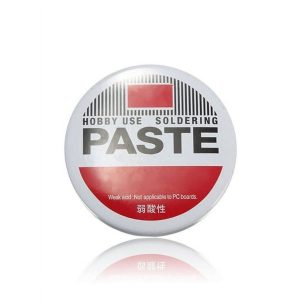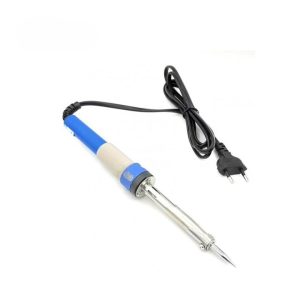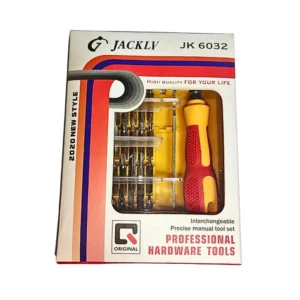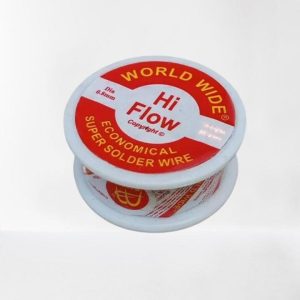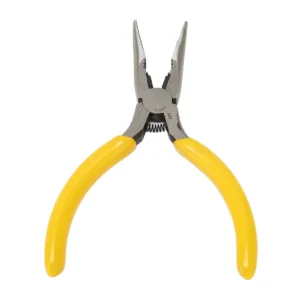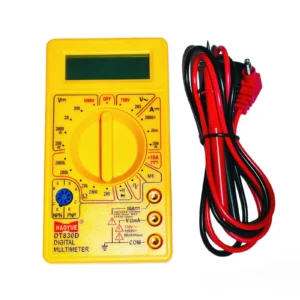JACKLY Screwdriver Set (JK 6032) includes 32 precision bits, perfect for electronics repair, DIY projects, and everyday use.
Tech Tools & Instruments Categories
Tech Tools & Instruments
Showing all 8 resultsSorted by popularity
-
Soldering Tools, Tech Tools & Instruments
Soldering Iron 220V 30W/40W/60W
0 out of 5(0)- Available in 30W, 40W and 60W for versatile use
- Fast-heating ceramic core for quick readiness
- Ergonomic, heat-resistant handle for comfort
- Precision tip ideal for detailed soldering work
- Perfect for electronics, PCB repairs, and DIY projects
SKU: n/a₨ 700 – ₨ 800Price range: ₨ 700 through ₨ 800 This product has multiple variants. The options may be chosen on the product page -
Tech Tools & Instruments
Soldering Wire (DIA 0.8mm) (50g)
0 out of 5(0)This soldering wire 0.8mm offers clean, precise joints for electronics and DIY kits. Lead-free, rosin core, and built for professionals and beginners alike.
SKU: n/a₨ 230 This product has multiple variants. The options may be chosen on the product page
Showing all 8 resultsSorted by popularity
Our Tech Tools & Instruments range is designed to support electronics assembly, repair, and maintenance with precision and reliability. Whether you’re soldering components, testing circuits, or performing fine adjustments, the tools in this category help you work efficiently and safely. From soldering irons and paste to high-quality wires, each product is selected for durability and ease of use. As our collection grows, you can expect to find more instruments and accessories to meet the needs of hobbyists, technicians, and professionals alike.
Q1. What are the essential tools for basic electronics soldering?
A typical soldering setup includes a soldering iron, soldering wire, and soldering paste or flux. These tools allow you to create strong electrical connections between components.
Q2. Can soldering tools be used for both electronics and jewelry work?
While soldering tools are primarily designed for electronics, certain models can be adapted for jewelry repairs, though you may need different types of solder depending on the materials.
Q3. How do I choose the right wattage for a soldering iron?
Lower wattage irons (20–30W) are ideal for small, delicate components, while higher wattage irons (40–60W) heat up faster and are better for larger joints or thicker wires.
Q4. What safety precautions should I follow when soldering?
Always work in a well-ventilated area, use safety glasses, keep the soldering tip away from skin, and unplug the iron when not in use.


